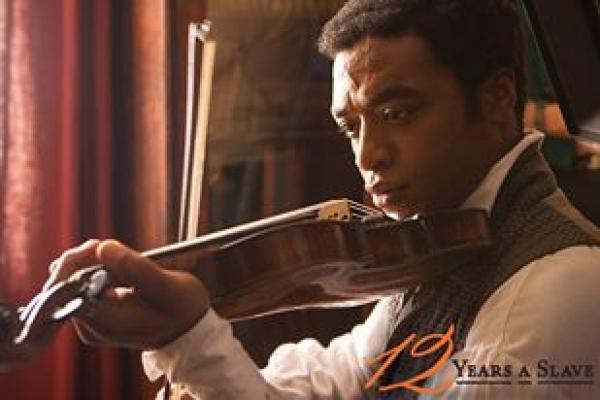I watched 12 Years a Slave today. The film is based on Solomon Northup’s autobiography by that name. Northrup was a free black man living in Saratoga, N.Y. He was lured away from his home to Washington, D. C., on the promise of lucrative work and was kidnapped, transported to Louisiana, and sold into slavery. He was rescued 12 years later.
Some of the questions and issues that the movie raises are: What right do people have to own others? Do money and might make right? Unjust laws — such as slave laws — exist. It just goes to show that something can be legal, yet morally wrong. Still, laws come and go. We must not confuse laws with rights, which are universal and enduring truths that do not change. What is true and right and good is always so. So, too, that which is evil is always evil. Even if unjust laws are overturned and abolished, evil can still return in other guises.
I asked myself as I watched the movie, “Could it happen again?” Some of us may think, “Surely, something like this could never happen in our day.” And yet, people are abducted and sold into various forms of slavery here and abroad on a daily basis. Granted — people are not publicly bought and sold on the slave block in America today because of skin color; however, people are enslaved based on race and class divisions.
Read the Full Article

